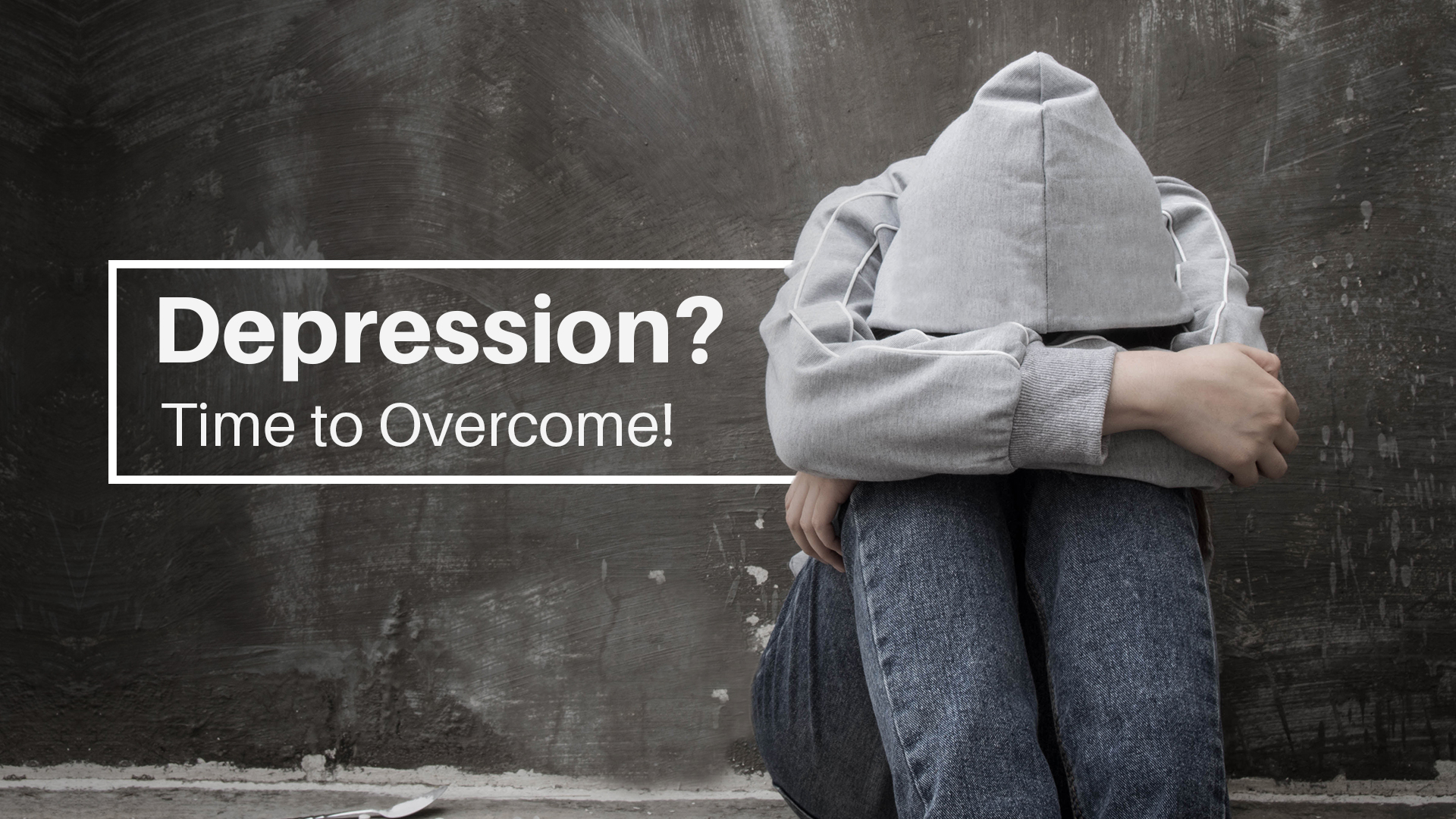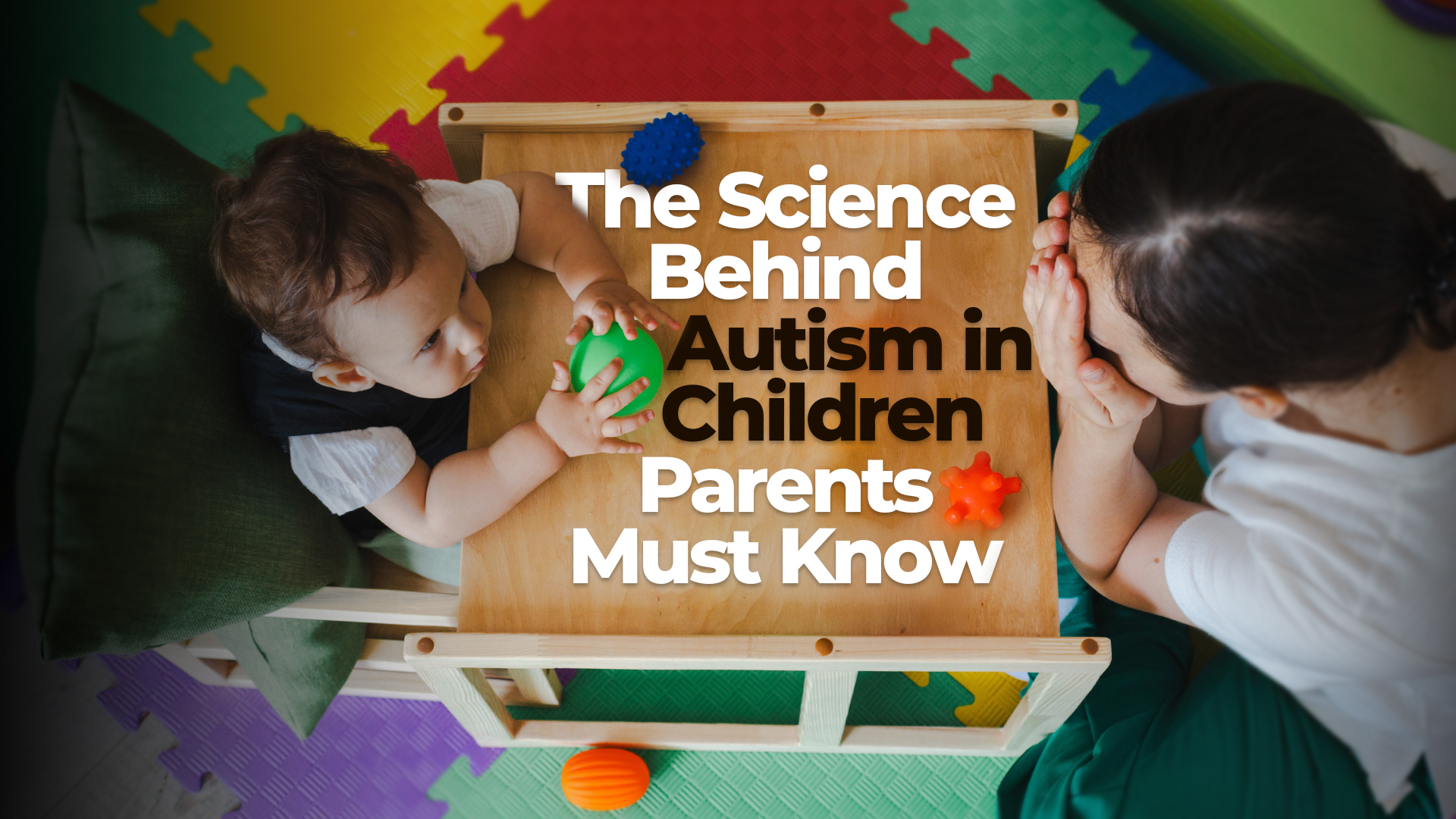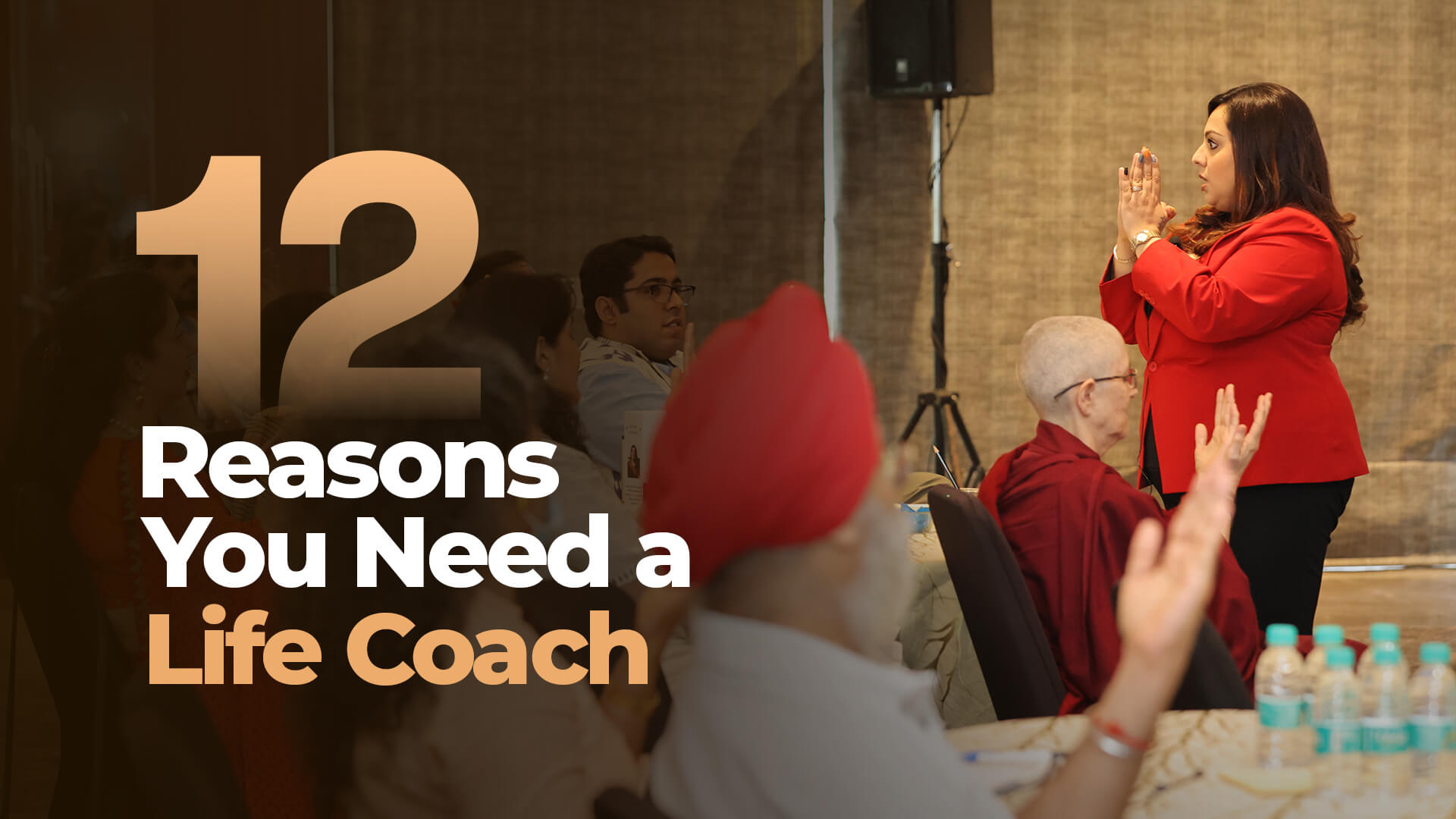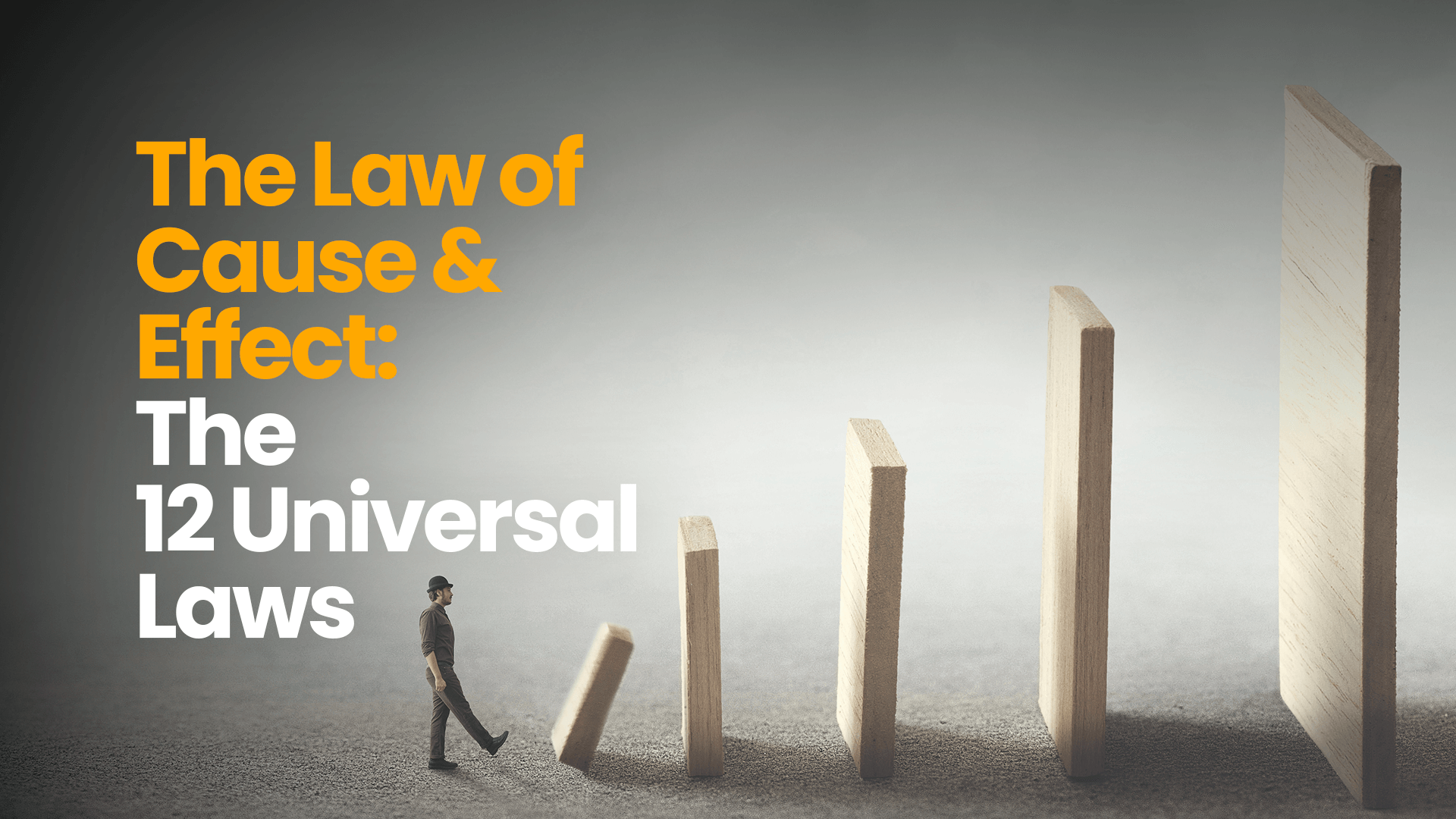Although life is kind to us for the most part, it has its share of vulnerabilities. No matter who we are, what we do, or where we belong to, the exposure to unpleasant situations is always there. A relationship went sour, a contract didn’t go through, pregnancy couldn’t last or professional objectives weren’t met – every unruly situation takes a toll on us physically and emotionally. The brain develops temporary emotional responses to such situations, leaving us distasteful, disoriented and distrustful about life. These are often temporary responses that vanish into thin air once the brain learns to cope with the challenges at hand. However, if the condition persists for weeks together with no signs of normalcy, it is then identified as Depression.
Depression: A brief insight
Depression is a major anxiety disorder that affects all aspects of our personality – be it perceptions, outlook or behavior – leaving the patient incapable of functioning at home or work. To put things in perspective, let’s walk you through the symptoms of depression.
- Overpowered by sadness and experiences lack of interest in anything and everything.
- Irregularity in eating pattern, leading to sudden weight gain or weight loss.
- Sleep pattern is changed, as the patient tends to sleep excessively or sparingly.
- The feeling of physical and mental fatigue is constant.
- The ability to think rationally and concentrate is impaired.
- Decision-making capabilities also take a beating.
- Increased involvement in meaningless physical activities, retardation in
movement and speech defects become visible. - The feeling of worthlessness and remorse is felt, which may grow stronger to the point of self-destruction.
Types of depression:
Depression is a multi-faceted disorder, varying in origin, types and severity. You cannot nail it down to a single source when it comes to exploring causes of this mood disorder. The condition is either a result of uncalled for events in one’s personal life or undesirable chemical changes in the brain triggered by socio-economic and environmental factors. The severity invariably depends on how long the condition has been left unattended for, while the types include Major Depressive Disorder, Persistent Depressive Disorder, Bipolar Disorder, Postpartum Depression, Seasonal Affective Disorder, Premenstrual Dysphoric Disorder and Atypical Depression.
The threat of Depression in stats:
Depression is an international epidemic. No country, culture, ethnicity, age group, gender or occupation is immune to this anxiety disorder. In fact, the mood disorder is one of the prime causes of morbidity, malady and mortality in India. Socioeconomic losses are also substantial, running into billions of Rupees. Let’s quantify the extent of depression through some statistics reported by various credible organizations, including the World Health Organization.

- In excess of five crores Indians are suffering from depression and other three
crores were diagnosed with anxiety issues. - Over 35 per cent of Indians run the risk of depression at some stage of their lives.
- Individuals aged between 30 and 40 are the most susceptible to depression.
- The depression cases among women outnumber those among men. About 8.5 per cent of women are more likely to fall prey to depression while the rate among men is 4.8 per cent.
- Around 43 per cent of employees in the corporate sector and three per cent of urban dwellers are suffering from the mood disorder.
- The rise in depression cases is about 18 per cent in the first decade of the millennial and the trend is similar in the present decade.
- More than 33 per cent of cases of depression-related suicides take place in India and other middle-income countries.
- The Years Lived with Disability (YLD) ratio in the country is 7.1% in 2015.
- Around 50 per cent of patients have to live with this disorder all their lives due to lack of proper medical intervention.
Is Depression Treatable?
If these stats are something to go by, you are not the only one struggling to come to terms with depression. Thankfully, the disorder is fully treatable and the patient outcomes are better if presented early. However, the caveat is that the disorder has a social stigma attached to it that deters patients from reaching out for medical help. Despite the growing awareness of mental issues and easy access to related healthcare, the majority of individuals perceive seeking medical help as a sign of weakness. They ignore the fact that identifying an issue and taking corrective measures require a strong character. It is high time for you to break the stereotypes and help yourself to recovery with timely medical intervention.
- Right Time to seek Help: If the symptoms do not wane within two weeks, it’s time to come out of the denial mode and seek immediate medical help. Remember, the chances of safe and fast recovery are high if the mood disorder is diagnosed early.
- Treatment modalities: There are several multi-modality approaches where support and psychotherapy are blended to ensure fast, safe and complete recovery. In many cases, medication, which comes with serious side-effects, may be totally neglected.
- Therapy Duration: Depression is an individualized issue where “one size fits all” approach may fail to deliver relief. Your psychiatrist will factor in the depth and dimensions of your condition and offer relief strategies accordingly. Your receptivity levels and availability of a personal support network also determine the duration and course of the treatment. While many patients experience improvements in the three to four sessions, some may require even more follow- ups.
Energy Healing:
In an industry where passing fads surface quite often, the concept of energy healing is here to stay. In fact, the concept has been around for a while in diverse cultures, including India, China, Japan and more. The modern-day energy healers are combining different approaches to energy healing, including Reflexology, Chakra Healing, Reiki, Acupuncture and Qigong, to ensure holistic health and wellness for patrons across ages, genders and occupations. Their focus is on getting rid of blocks by activating underlying energy systems in the human body. Once the blocks are intervened, the individual’s inherent ability to recover him/herself is restored. This leads to good patient outcomes in conditions like cancers, injuries, diabetics and depression. Best of all, energy healing is safe and reliable vis-a-vis the mainstream treatment modalities.
Reach Dr. Chandni’s support team at +918800006786 and book an appointment.











The article has truly peaked my interest.
Everything I was looking for.. Sent my number hoping to get a call & will do a AURA scan with you. See you super soon
A beacon of hope for those battling depression. Practical insights and empowering strategies to reclaim joy and vitality. An essential read for anyone ready to break free from the grip of despair 🙂